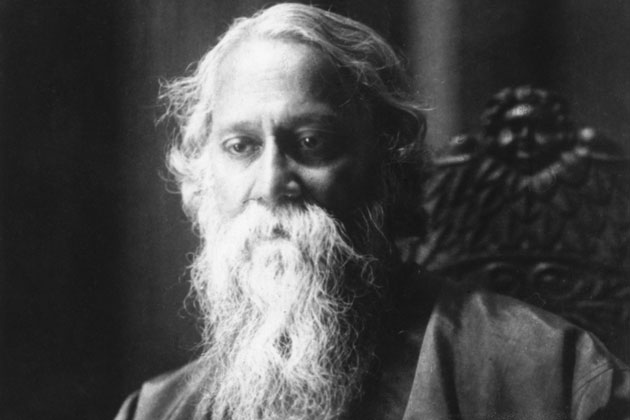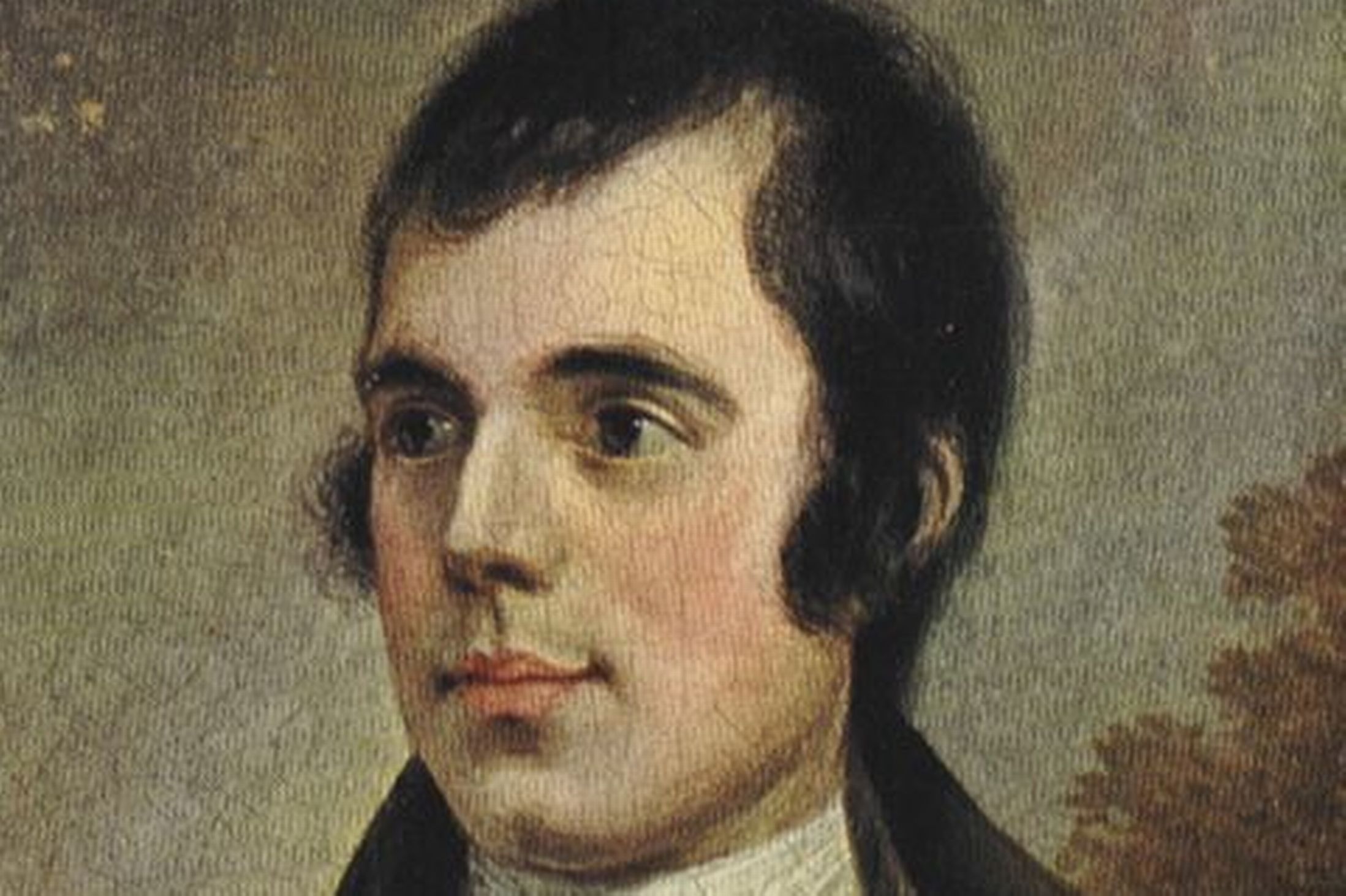Website Contributors
Lorem ipsum dolor sit amet, consectetur adipisicing elit, sed do eiusmod tempor incididunt ut labore et dolore magna aliqua. Ut enim ad minim veniam, quis nostrud exercitation ullamco laboris nisi ut aliquip ex ea commodo consequat.

I Had Gone a Begging by Rabindranath Tagore is the fiftieth poem from his Nobel Prize winning collection, Gitanjali. Written in blank verse, this poem is the story of a beggar, who is the poet himself. Narrated in a first person account, the poet has directly addressed the poem to the King of King’s. He… Continue reading I Had Gone a- Begging Analysis by Tagore

About the poet: Rabindranath Tagore (7 May 1861 – 7 August 1941) was a Bengali poet of India born in the city of Kolkata (formerly known as Calcutta). His name is written as Rabindranath Thakur in Indian languages. Tagore had early success as a writer in his native Bengal. With his translations of some of his poems he became rapidly known in… Continue reading I Had Gone a- Begging Summary by Tagore

This analysis of Robert Burns’ “To a Louse” is divided into three sections – context, rhyme scheme and rhetorical devices, and themes. Context: “To a Louse” was written by Robert Burns in 1786. The poet had gone to church one day, and he was sitting right behind an elegant lady. However, he was surprised to discover… Continue reading To a Louse Analysis by Robert Burns

Robert Burns was a Scottish poet and lyricist. He is generally thought to be the national poet of Scotland because he is the most widely read among all poets who have written in the Scots language. Burns has also written in English and a light Scots dialect, so that his poetry would be understood by an audience beyond Scotland as well.… Continue reading To a Louse Summary by Robert Burns

This analysis of Robert Burns’ “Sweet Afton” is divided into three sections – context, rhyme scheme and rhetorical devices, and themes. Context: This poem was probably written by Robert Burns in 1789. That year, 0n 5th February, the poet is said to have sent a copy of this poem to Mrs Dunlop with the comment, “There is a… Continue reading Sweet Afton Analysis by Robert Burns

About the Poet: Robert Burns was a Scottish poet and lyricist. He is generally thought to be the national poet of Scotland because he is the most widely read among all poets who have written in the Scots language. Burns has also written in English and a light Scots dialect, so that his poetry would be understood by an audience beyond… Continue reading Sweet Afton Summary by Robert Burns

About the Poet – Roald Dahl was a British novelist, short story writer, poet, screenwriter, and fighter pilot. Born in Wales to Norwegian parents, Dahl served in the Royal Air Force during World War II, in which he became a flying ace and intelligence officer, rising to the rank of acting wing commander. He rose to prominence in the 1940s with works for both… Continue reading Line by Line Meaning of Television by Roald Dahl

“Sonnet to the Pupils of the Hindu College” was published in 1831. It is a poem that Derozio dedicated to the students he had taught during his tenure at the Hindu College. It talks about the great benefits that acquiring an education will have in these students’ lives. However, it also makes a point about… Continue reading Sonnet to the Pupils of the Hindu College: Summary 2023

Critical Analysis: To fully understand all the implications of “Sonnet to the Pupils of the Hindu College”, you must study the background of the above mentioned college in some detail. The most important fact that you must know about Hindu College is that this is the place where the study of English literature first started. Before… Continue reading Sonnet to the Pupils of the Hindu College Analysis by Henry Derozio

About the Poet: Robert Burns was a Scottish poet and lyricist. He is generally thought to be the national poet of Scotland because he is the most widely read among all poets who have written in the Scots language. Burns has also written in English and a light Scots dialect so that his poetry would be understood by an audience beyond… Continue reading Scots Wha Hae: Summary and Analysis




